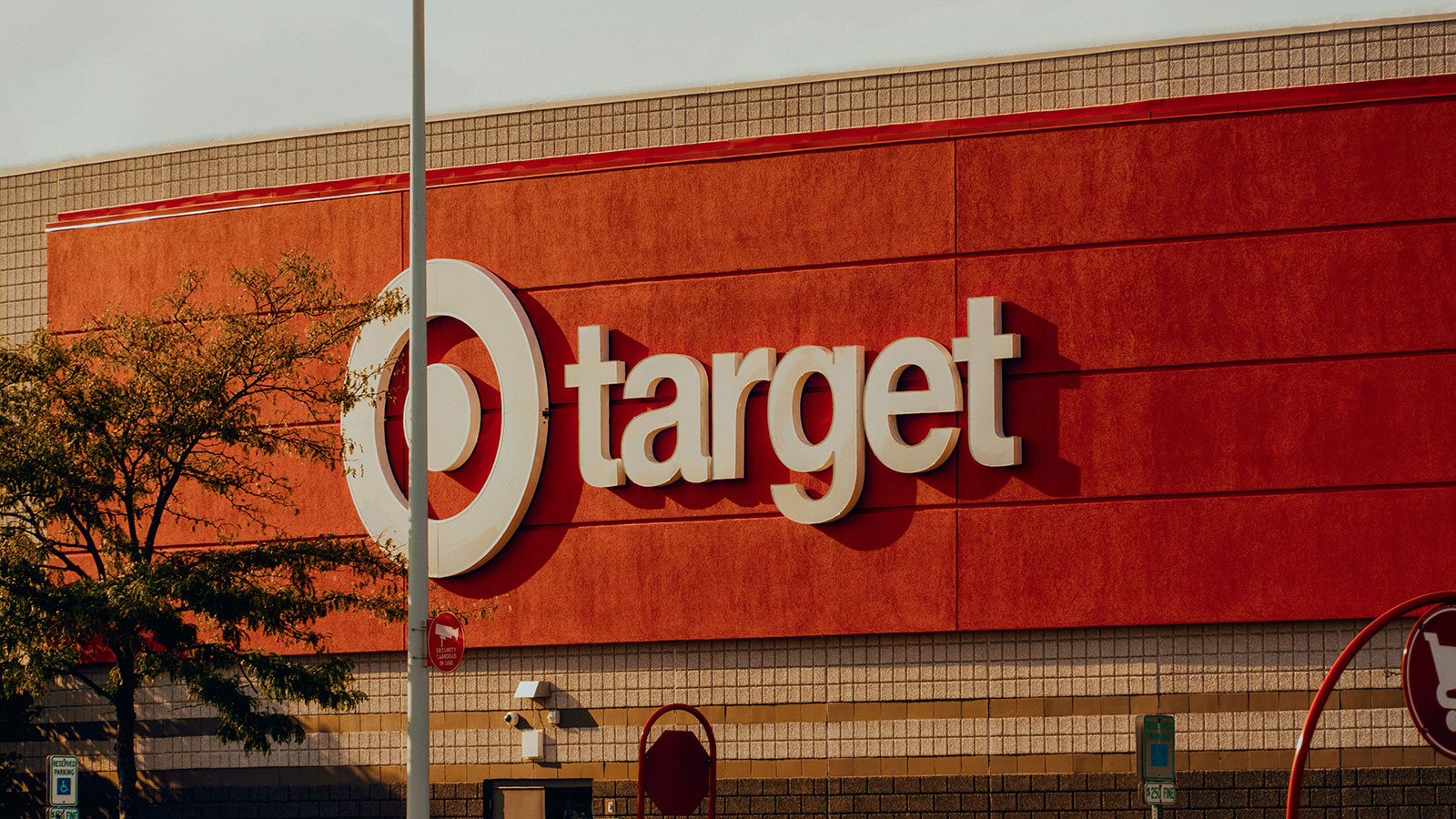There is an international push to reduce single-use plastic at the Global Plastic Treaty negotiations that are taking place in Ottawa, Canada this week. The aim of these negotiations is to produce an internationally binding agreement to limit plastics and their negative impact on the environment and public health.
The United Nations Environment Programme (UNEP) has set December 2024 as the targeted timeline to get the treaty drafted and approved among 175 nations. If a draft is approved by member states, the US Senate would then need to approve of US participation in the treaty with a two-thirds vote.
Most of our lives have been built around convenience, and single-use plastics like foam containers, plastic shopping bags, plastic utensils and plastic packaging are commonplace – consuming an enormous amount of natural resources and creating millions of tons of unnecessary waste. Our wasted plastic items accumulate in landfills, create toxic ash and air pollution in incinerators, or escape into the environment.
The U.S. produces more than 12% of the planet’s trash, though it is home to only 4% of the world’s population. We are the world’s largest consumer of plastics and one of the largest producers of plastics. In the U.S., we generate enough plastic waste to fill Cowboys Stadium, the largest professional football stadium in the country, every 16 hours. Plastics are made primarily of fossil fuels and they are part of a rapidly growing global industry. Global plastic production has doubled in the past 20 years alone. Plastic does not biodegrade, and instead breaks down into smaller and smaller pieces that are pervasive in the environment.
Given our outsized impact on plastic pollution, the United States should be playing an active role in ensuring that the treaty is as ambitious as possible, focusing on definitive measures that limit plastic production, rather than simply focusing on recycling and waste management. After all, if your bathtub was overflowing, the first thing you would do is turn off the tap. We hope that the United States helps to guide the negotiations to efforts aimed at “turning off the plastic tap” or the proverbial bathtub will continue to overflow.
In the meantime, we will be continuing our work to pass policies to reduce plastic pollution in the states, convince corporations to reduce their plastic use and pass producer responsibility laws to make producers financially responsible for the waste their products become.
Every action that we can take to reduce plastic pollution on the local, state, national, international and boardroom level can have an impact on this growing environmental issue.
